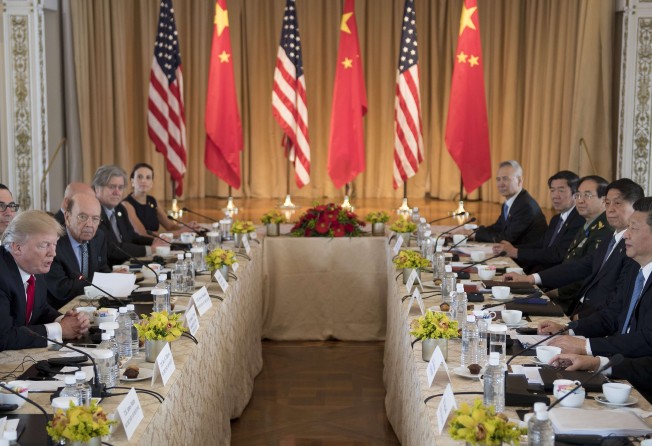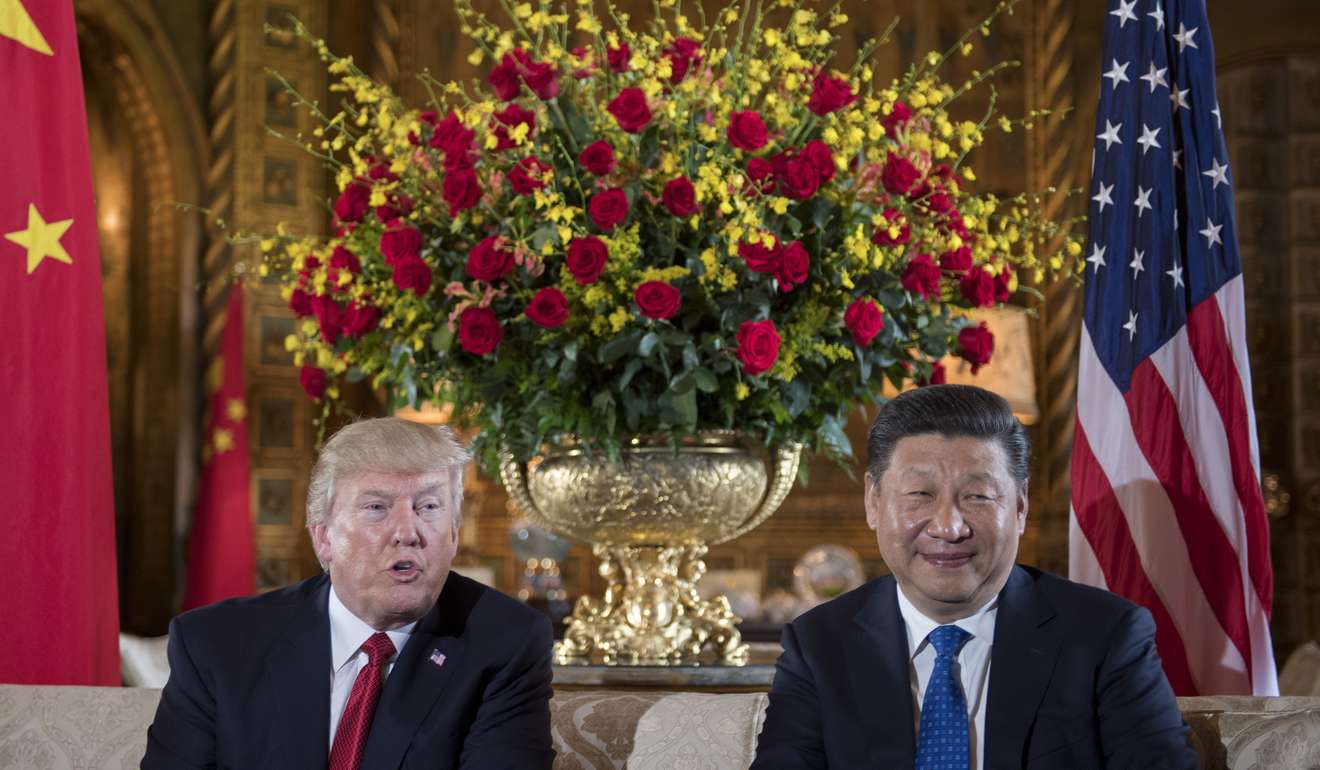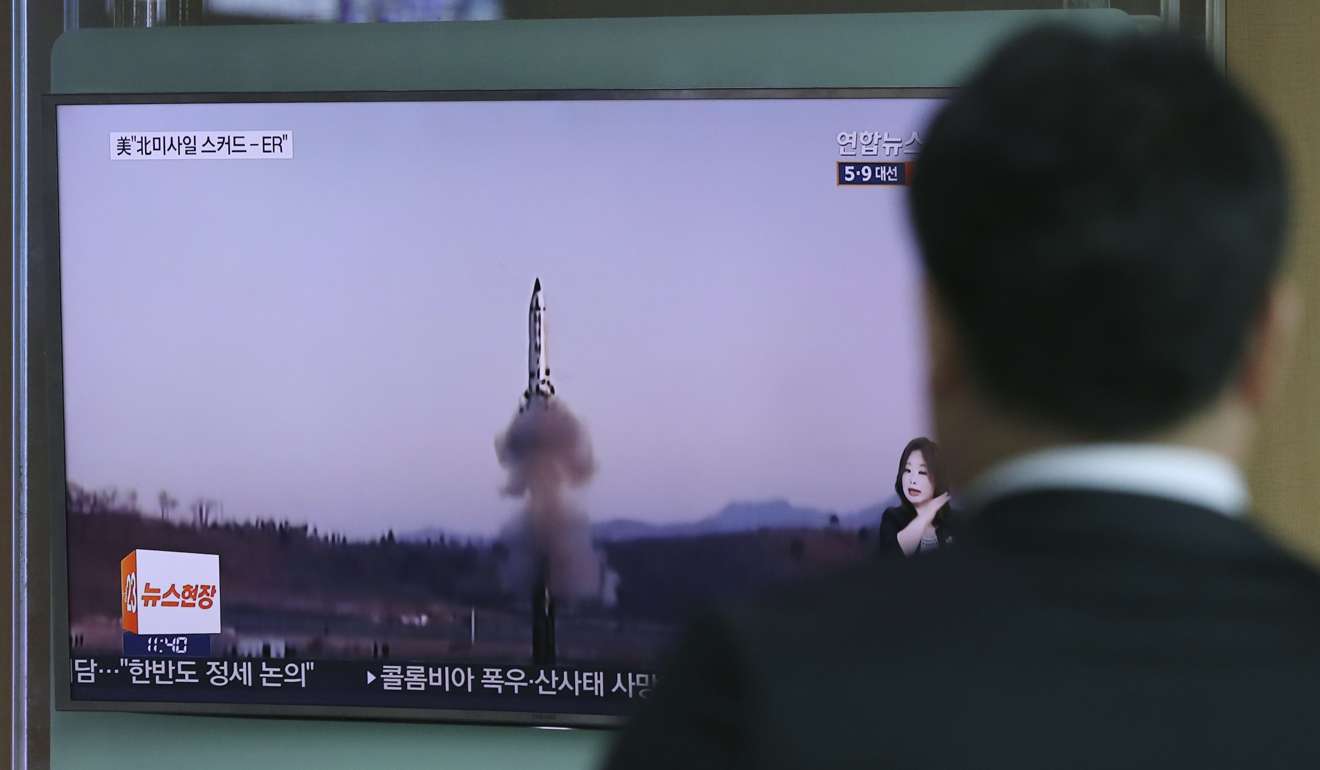Xi-Trump Mar-a-Lago summit: beyond sweet nothings
Florida meeting between US and Chinese presidents gives reasons for cautious optimism regarding North Korea, the South China Sea and Taiwan

The Mar-a-Lago summit between Donald Trump and Xi Jinping ( 習近平 ) was long on generalities and atmospherics and short on specifics. But, while one would be justified to withhold judgment until it can be seen how various sweeping statements about the resolution of problems and establishment of consulting mechanisms pan out in practice, it would be premature to dismiss these characterisations and arrangements as meaningless.
The United States and China have every reason to want not only to manage their bilateral relations well but also to cooperate on regional and global issues where they can and to minimise conflict where they cannot. Xi might have exaggerated a bit when he said there were “a thousand reasons to get China-US relations right, and not one reason to spoil the China-US relationship”, but it was a good place to start.
WATCH: Trump says he’s developed a friendship with Xi
Trade has been the overwhelming focus of much of Trump’s foreign policy since before he entered the White House. Much of what he has said about trade has been nonsensical, such as his call for a trade surplus with every other country. But he was elected because he promised – perhaps overpromised – the return of jobs to America, and he has interpreted that promise in terms of “fair trade” versus “free trade”.
A working group is to be formed with a “100-day plan” to bolster American exports and reduce the US bilateral deficit. As Commerce Secretary Wilbur Ross acknowledged, this may be ambitious, but it is an important symbol of what he called the “growing rapport” between the two countries. China has every incentive to address these issues in a way that, while not selling out its own interests, appeals to Trump’s conception of fair treatment.
There are, of course, many aspects of fair treatment that will require major shifts in the way that Beijing does business, including the way it treats foreign-invested firms in China. But if Xi is serious about avoiding tensions, much less a trade war, it is reasonable to assume China will find a way to do what is necessary.

North Korea promised to be, along with trade, the most neuralgic issue. It is highly unlikely that China has agreed to some of the draconian measures, such as a cutoff of food and oil, that many in the US would like.

China seems to understand that a moment could come when Trump considers using force against the North, and it will want to head that off. Beijing clearly wants denuclearisation, but stability on the peninsula is still its highest priority. That said, it recognises that the nuclear programme is what threatens most to disrupt stability. It appears that Beijing has come to accept that, whether it feels Washington’s hardline position is justified or not, the prospect of military confrontation at some point is increasingly real. And so a sense of urgency has crept into Chinese statements.

We have heard nothing regarding how Taiwan played in the meetings. But it would be a bit surprising if Xi did not raise his concerns, especially about American steps in the near term such as arms sales and cabinet-level visits that could complicate Xi’s management of the 19th Communist Party Congress in the autumn. One would hope that, in response, Trump might have called on Xi to reduce the pressure on Taiwan and attempts to isolate it and look, instead, for a way to move back toward the types of exchanges that were conducted before the current Taipei administration took office last May.
Overall, while one should not gush overenthusiastically about the Mar-a-Lago summit, including any suggestion that Trump and Xi have become best friends, the signs thus far are positive and at the very least suggest the door is open to progress on even some of the most difficult issues. And that’s a good place to start. ■
A former US State Department official, Alan Romberg is the Director of the East Asia programme at Washington think tank Stimson Center